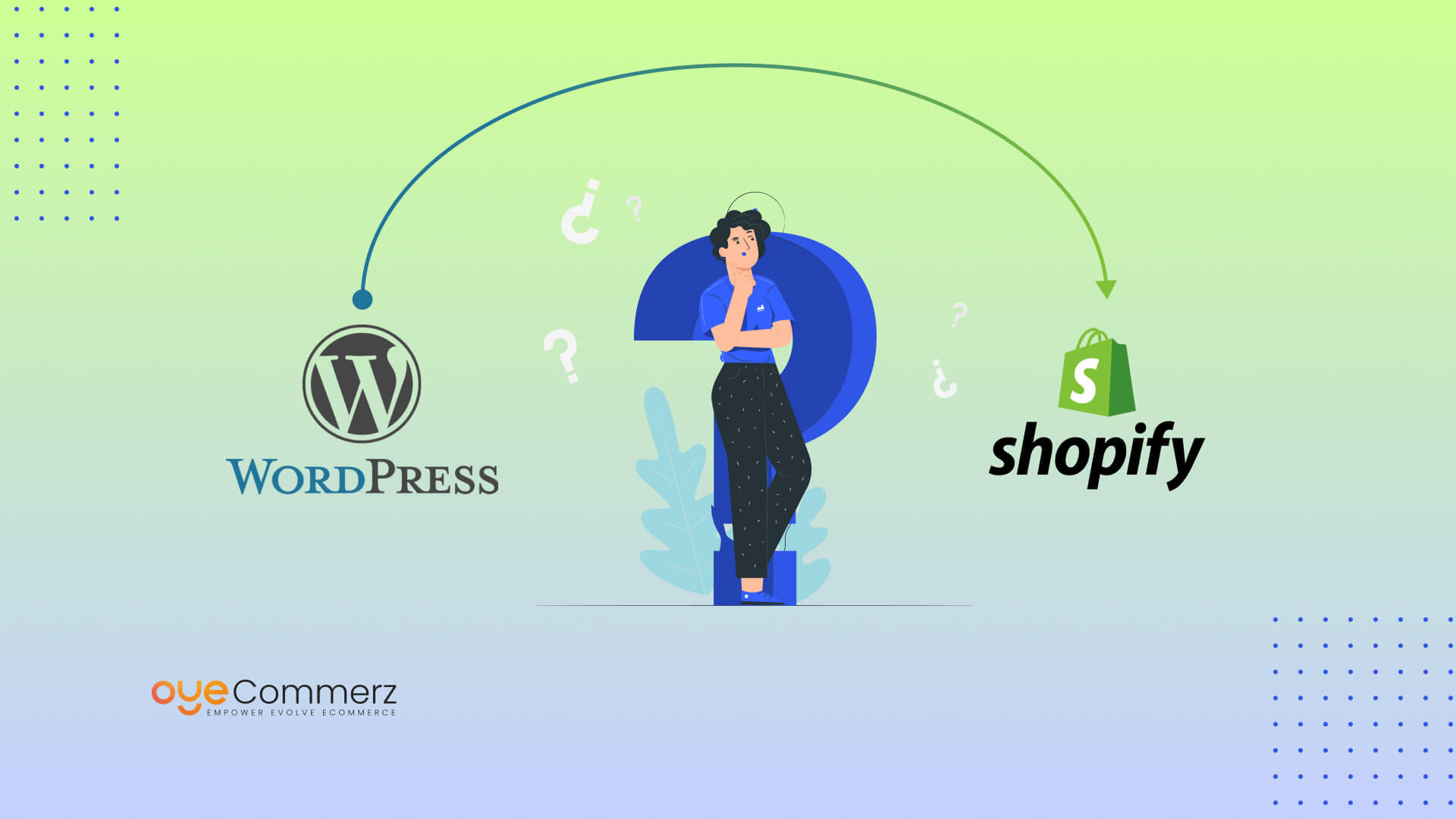In the dynamic landscape of eCommerce, choosing the best platform is crucial for your company’s growth. If you’re presently using WordPress and considering a migration to Shopify, you’re not alone. Many businesses are making this transition to take advantage of Shopify’s comprehensive features, simplicity, and growth potential. This guide will walk you through the process of migrating from WP to this platform effortlessly, making sure that you achieve your online retail potential.
Why Transition from WordPress to Shopify?
Ahead of exploring the migration procedure, it’s essential to know why this transition can be advantageous for your eCommerce business:
User-Friendly Interface: Shopify offers an intuitive system that makes easier store operations, making it easier for non-technical users.
Flexibility: As your company expands, Shopify can support greater visitors and transactions without affecting performance.
Built-in Tools: Shopify includes integrated features for SEO, analytics, payment management, and additional functionalities, eliminating the need for numerous plugins.
Robust Protection: With Shopify, you benefit from advanced security features that protect critical customer data.
Steps for a Smooth Migration
Migrating your online store from WP to Shopify requires several actions.
Here’s how to facilitate a successful transition:
Outline Your Migration Plan
Start by drafting your migration strategy. Decide on which aspects of your current site you plan to migrate, such as:
Product data
Client data
Order history
Articles
Choose the Appropriate Migration Package
Based on your requirements, select a migration service that suits your eCommerce goals. Professional services offers multiple options:
Entry-Level Plan: Ideal for boutique stores with limited products.
Regular Option: Suitable for growing businesses with more complex demands.
Premium Migration Package: Perfect for larger stores requiring extensive customization.
Secure Your Data
Prior to initiating the migration, make sure that you have a comprehensive backup of your WordPress site. This action is critical in case anything goes off track during the transfer.
Retrieve Your Data from WordPress
Utilize plugins or custom scripts to extract essential information from your WordPress site:
Items
Users
Orders
Articles
Migrate Data into Shopify
Once you have your content extracted, use Shopify’s built-in features or specialized apps to transfer your information into your updated store. Confirm that all content is accurately formatted and Shopify for large-scale business aligned.
Adapt Your Shopify Store
After uploading information, customize your Shopify platform’s layout to match with your brand identity. Think about engaging a specialist if you need complex customization.
Configure Checkout Systems and Shipping Options
Configure transaction methods and logistics options in Shopify to create a user-friendly transaction experience for customers.
Apply SEO Best Practices
To maintain your SEO performance during the migration:
Implement 301 URL mappings from existing URLs to migrated ones.
Revise meta tags.
Enhance media and text for search engines.
Review Your Migrated Shop
Before going live, thoroughly test your new store. Check moving your store to Shopify for any broken links, transaction errors, or untransferred content.
Publish Your Platform
After everything is in ready, it’s the opportunity to go live! Share the change to your users and motivate them to experience the updated offerings of your Shopify store.
Post-Migration Guidance
Post publishing your updated store, continued help is important. Think about working with professionals who can assist with:
Technical support
Marketing strategies
Enhancing features
Conclusion
Migrating from WP to Shopify can be a transformative step for your eCommerce. By following this guide and leveraging professional services like those offered by industry leaders, you can guarantee a seamless transition that enhances your online presence. Embrace the opportunity and discover the potential of Shopify today!
